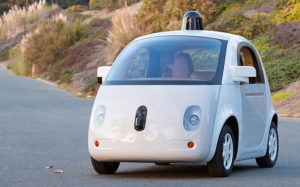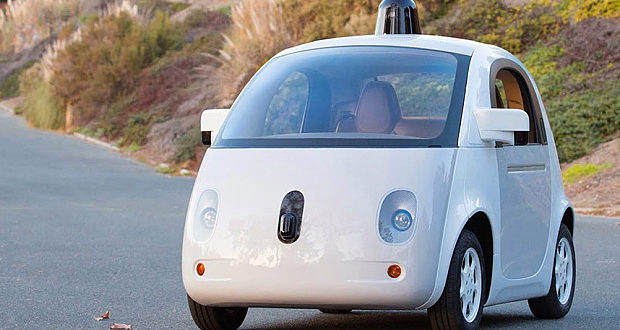Personal transport will always be an important part of the way we get about as individuals, if only because of the convenience and flexibility involved. That is particularly true out in the suburbs where public transport may always still have significant limitations. However, the options involved are becoming increasingly complex and it seems unlikely that any particular form of transport will ever dominate.
At the least complex end of the scale, cycling is now an established part of the mix and that is reflected by the number of dedicated cycle ways now being constructed or in use. Cycling is really an urban option. Long distance cycling is very doable but likely to be restricted to a relatively small group of enthusiasts simply because of the time element. Beyond that the options are quite bewildering – motor bikes and scooters, conventional cars, electric cars, semi-public forms like taxis, and so on. The possibility of flying cars has even been mooted!
Driverless Cars
 Driverless cars are here! There are prototypes being tested in both Europe and the USA but they are probably some distance from major and particularly mass production. Basically in a driverless car a computer takes over the functions that would normally be taken up by a human driver. The ability to do this will become more extensive as computers themselves become more sophisticated and self-learning capability becomes more powerful. Eventually driverless cars will be able to do everything that a human driver can do – except make mistakes that are driven by human only characteristics such as inattention and tiredness.
Driverless cars are here! There are prototypes being tested in both Europe and the USA but they are probably some distance from major and particularly mass production. Basically in a driverless car a computer takes over the functions that would normally be taken up by a human driver. The ability to do this will become more extensive as computers themselves become more sophisticated and self-learning capability becomes more powerful. Eventually driverless cars will be able to do everything that a human driver can do – except make mistakes that are driven by human only characteristics such as inattention and tiredness.
And driverless cars may be the saving of cars themselves as a mode of transport as public transport becomes increasingly slick.
But there are caveats. Will humans ever get to the stage when they will entirely trust themselves to a computer without the means for human intervention? For future generations the answer may be yes. For current generations I think the answer is no. Most people still want the ability of ultimate control – a bit like the ability of airplane pilots to switch from auto-pilot to manual when wanted. But I think that will gradually change.
In the short term I think the obvious market for driverless cars is situations which are relatively simple and do not require complex controls – motorway driving is the obvious example. And it is very appealing to think that one day we can hop in the car in Wellington and leave the car to do its own thing until it reaches the right motorway exits in Auckland.
I think the doubts that most people – and that includes me – still have, are about the ability to handle unexpected and unique situations which require the process of human judgement, even if the judgement is a bit flawed. The problem is that the unexpected occurs all too often. One solution is to retain the ability to take manual control when unexpected stations arise, but I think the issue here is speed. Could we be quick enough to take back effective control? The answer is probably the computer itself which can be programmed to anticipate difficult situations and take timely decisions to hand over control or at least alert the driver to that possibility, when the circumstances warrant that.
So there are still lots of buts and ifs about driverless cars, but I think they are definitely coming and will be an important part of the transport mix.
Read Bas’s first article on ‘The future of transport in New Zealand: Public transport’
Start a discussion on this topic…
This is another of Bas Walker’s posts on GrownUps. Please look out for his articles, containing his Beachside Ponderings.









Join the Discussion
Type out your comment here:
You must be logged in to post a comment.